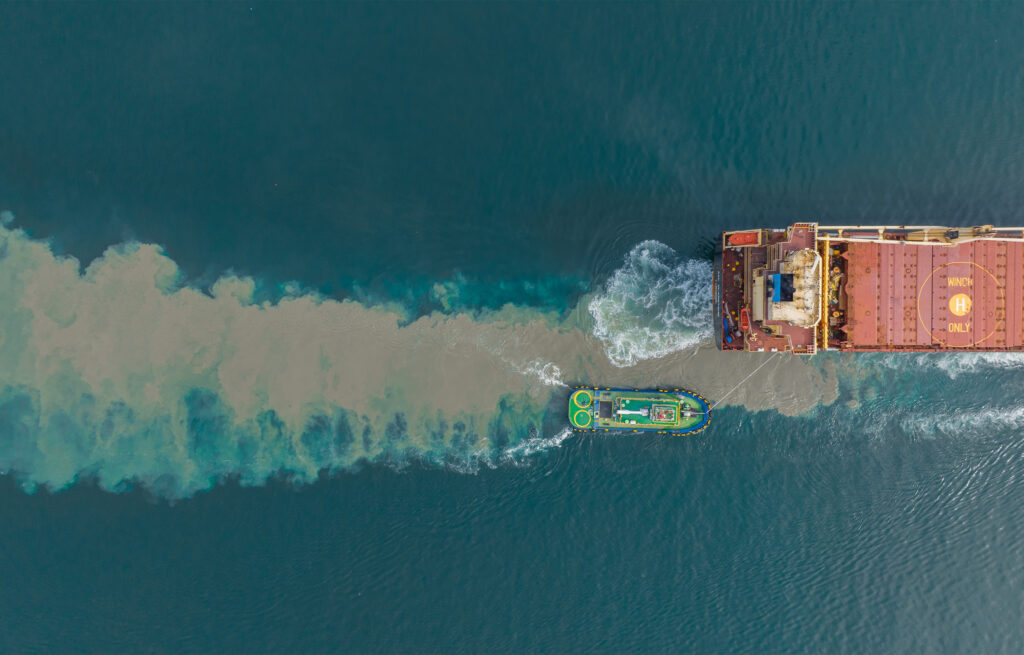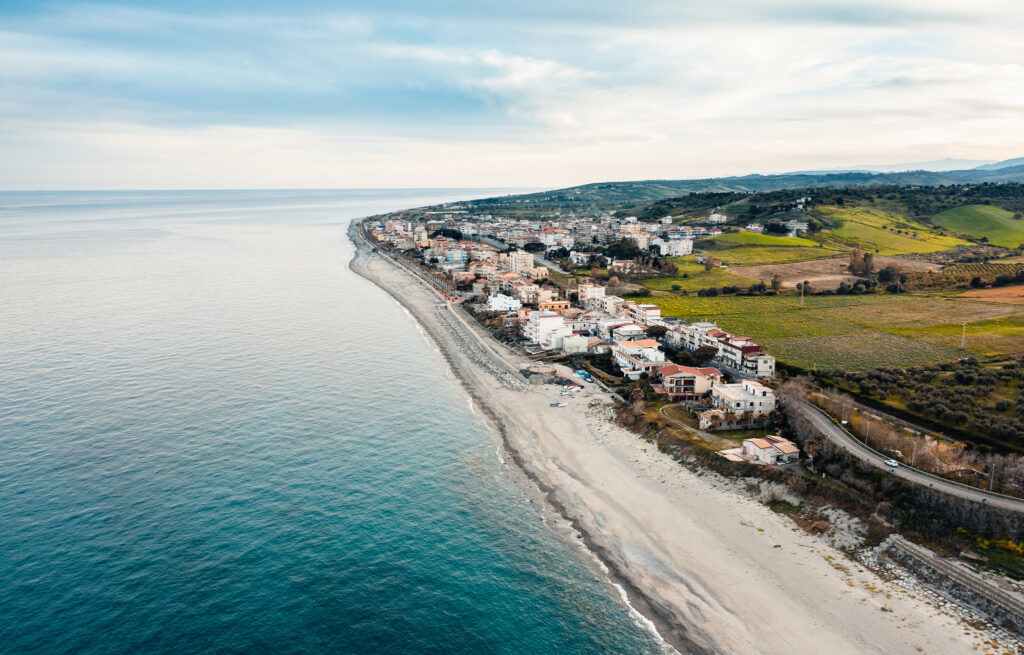Can you imagine being constantly forced to drink, swim, and bathe in dirty, polluted water? It’s a harsh reality for many humans, yet ironically, our actions subject coral reefs to the same grim conditions.
Water quality threats are a major culprit in coral decline. Among the various contaminants, untreated wastewater or sewage emerges as a leading contributor, causing devastating effects on coral health. And well, let’s face it, that’s…crap.
But before we break down the major water quality issues affecting coral reefs today, let’s touch on why this is important.
The Importance of Coral Reefs
Coral reefs are indispensable ecosystems, punching well above their size. Occupying less than 1% of the ocean floor, they support an astonishing 25% of all marine species. Their economic value is staggering, generating billions annually through tourism, fisheries, and safeguarding coastal areas.
Beyond their economic impact, reefs are vital in global climate regulation, contributing significantly to carbon and nitrogen cycles. Despite their critical role, coral reefs face an expanding number of threats, jeopardizing their survival.
Major Water Quality Issues Affecting Coral Reefs
Untreated or Poorly Treated Wastewater (Sewage)
Let’s talk about untreated (or poorly treated) wastewater, or as we like to call it, straight-up sewage. Our team has categorized this as one of the biggest threats to reefs around the world.
The issue comes from both cities and rural areas where the sewage systems are, let’s say, less than ideal. When this untreated sewage flows into coastal waters, it brings along a cocktail of nasty stuff like high levels of nitrogen and phosphorus. These nutrients are a buffet for algae, which grows out of control and smothers coral reefs, blocking sunlight and sucking up oxygen.
On top of that, sewage is a breeding ground for bacteria, viruses, and other pathogens that can make corals sick. And let’s not forget the household and industrial chemicals mixed in, which are toxic and mess with coral reproduction and growth. In short, untreated sewage is bad news for our reefs.

Agricultural Runoff
Agricultural activities are another big culprit in water pollution. Think about it – all those pesticides, herbicides, and fertilizers used on farms don’t just stay put. They run off into rivers and eventually end up in the ocean.
When these chemicals hit the water, they promote harmful algal blooms (HABs), which produce toxins detrimental to coral health. These substances also cause sedimentation, making the water cloudy and blocking sunlight from reaching the corals. And without sunlight, corals can’t photosynthesize and thrive.
Industrial Pollution
Industries along coastlines often dump pollutants straight into the ocean. We’re talking about heavy metals, oil, and other harmful chemicals.
Really? Yes, really.
These pollutants can have catastrophic effects on coral reefs. They build up in the tissues of marine organisms, causing long-term health issues. Plus, they mess with the reproductive systems of corals, making it harder for them to bounce back from other stresses.

Plastic Pollution
Plastic pollution is a catastrophic, growing problem for our oceans, and coral reefs are especially vulnerable. Plastic debris can physically damage coral structures, breaking branches and harming their growth. Even worse, plastic can act as a vehicle for pathogens, introducing diseases and causing widespread coral decline. Studies have found that coral reefs with plastic debris were 20 times more likely to be diseased than those without. Humans produce about 300 million tons of plastic each year, and an estimated 8 million tons of it end up in the oceans. If we don’t tackle this issue, our reefs will continue to decline.
Sedimentation
Construction activities, deforestation, and coastal development significantly increase sedimentation rates in coastal waters. This excess sediment clouds the water, preventing essential sunlight from reaching coral reefs, which is critical for their photosynthesis and survival.
Additionally, sediment often carries harmful pollutants such as heavy metals and pesticides, further compromising water quality. As sediment accumulates, it can bury corals, suffocating them and impeding their ability to regenerate.

Climate Change
Climate change, though not a water quality issue itself, intensifies numerous challenges for coral reefs. Increasing sea temperatures trigger coral bleaching events, where corals expel their vital algae partners, leading to widespread mortality if prolonged.
Moreover, ocean acidification from rising CO2 levels weakens coral skeletons, making them vulnerable to additional stressors. These compounding effects underscore the urgent need for global action to mitigate climate change and protect coral reef ecosystems.
Action Against Poor Water Quality
Untreated wastewater is the primary culprit, introducing harmful nutrients, pathogens, and chemicals into the ocean.
Tackling untreated wastewater is critical for the longevity of coral reefs. Improving infrastructure by investing in proper sewage treatment facilities can significantly reduce the amount of untreated wastewater entering marine environments and allow coral reefs to recover and thrive. Enforcing stricter regulations on wastewater discharges can minimize pollution, educating communities about the impacts of untreated wastewater on coral reefs can foster better waste management practices, and implementing green infrastructure, such as constructed wetlands, can naturally treat sewage before it reaches the ocean.
Coral reefs are in big trouble if we don’t take action now.
Addressing this challenge requires concerted efforts from governments, industries, and communities. By doing this critical work, we can preserve these lifegiving ecosystems for future generations.
For more insights on marine conservation and the latest updates on coral reef health, stay tuned. Protecting our oceans is not just an environmental necessity but a legacy we owe to the planet.

